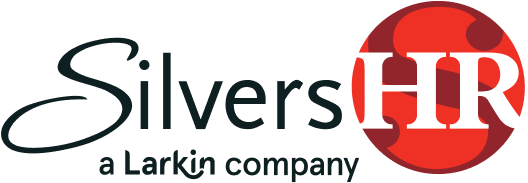By Jennifer L. Lippi, JD, SPHR, PHRca
In 2004, the California legislature enacted the Private Attorneys General Act (“PAGA”), which allows private employees to collect civil penalties for alleged labor code violations on behalf of the state. Fast forward 20 years, and PAGA has become a vehicle for abusive litigation yet having little impact on employer practices and minimal compensation for employees. On July 1, 2024, Governor Newsom signed into law AB 2288 and SB 92, enacting substantial reforms to PAGA. The reform bills apply to lawsuits filed after June 19, 2024.
Key improvements under the PAGA reform include the following:
Standing and Statute of Limitations:
The reform requires an employee to actually have “suffered” a specific labor code violation in order to prosecute a claim on behalf of other aggrieved employees. Under the old PAGA rules, an employee could sue an employer for violations they did not actually “suffer.” The new PAGA rules also make clear that there is a one-year statute of limitations for plaintiffs to file a lawsuit against their employer for Labor Code violations.
Enhanced Cure Provisions:
After October 1, 2024, small employers with less than 100 employees are eligible to “cure” or fix most Labor Code violations. However, the cure must be completed within 33 days of receiving a PAGA notice. Employers can cure by paying current and former employees employed during the prior three-year period any unpaid wages, with interest as well as any liquidated damages and attorney’s fees.
Reduced Penalties:
The PAGA legislation allows for substantial reduction in PAGA penalties for employers who take “all reasonable steps” to avoid Labor Code violations. According to AB 2288, such steps include payroll audits, dissemination of lawful written policies, training of supervisors on wage and hour compliance, and corrective action for supervisors who do not follow policy. Employers should take action now to mitigate potential liability.
Reasonable Steps: What Specifically Should be Reviewed?
- Meal Periods and Rest Breaks
- Overtime Pay for Nonexempt Employees
- Payment of Non-Discretionary Bonuses
- Exempt Classification
- Wage Statements (aka Paystubs)
- Final Payment of Wages
- On Call/Standby Time
- Split Shifts
- Pay Differentials
- Reporting Time Pay
- Makeup Time
- Pay for Mandatory Meetings/Training
- Timekeeping (Rounding)
- Off-the-Clock Work
- Lactation Accommodation (additional break time)
- Expense reimbursements (i.e., personal cell phone use/remote work)
- Paid Sick Leave, Overtime and Meal Period Premiums Payments at the Regular Rate of Pay
- Recovery Periods (Indoor/Outdoor Heat Illness)
If you would like Silvers HR to assist you with an HR Practices Review, please reach out to Stacey Sommerhauser at stacey@silvershr.com.
Your Silvers HR consultant will be happy to assist you if you have questions. A copy of AB 2288 and SB 92 can be found here and here.
